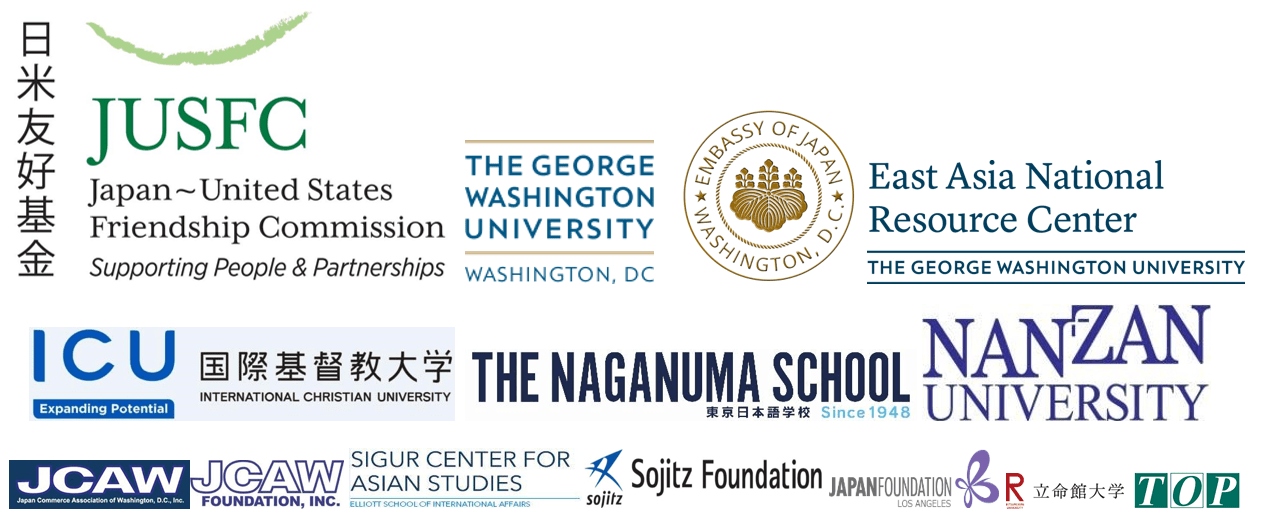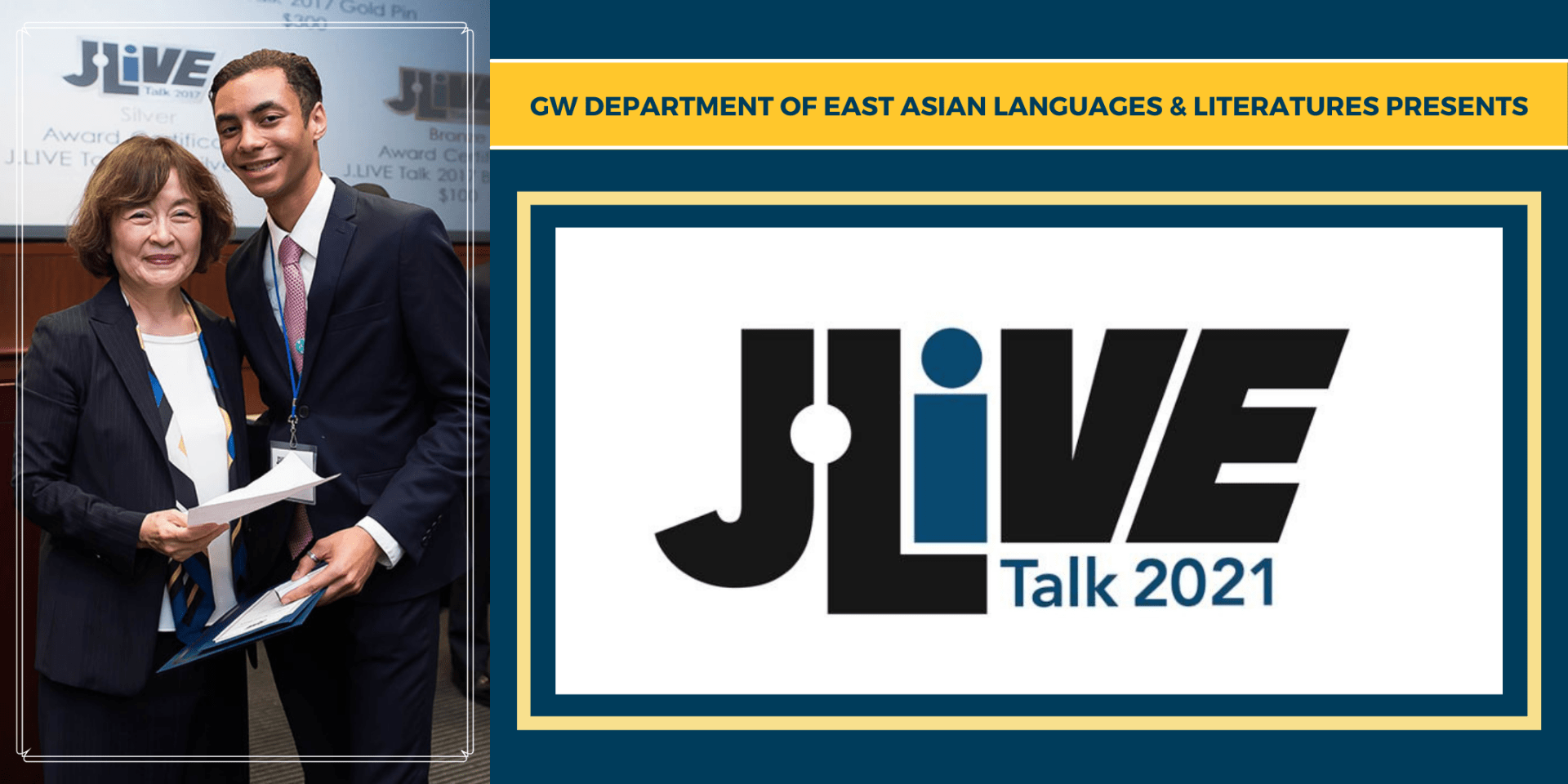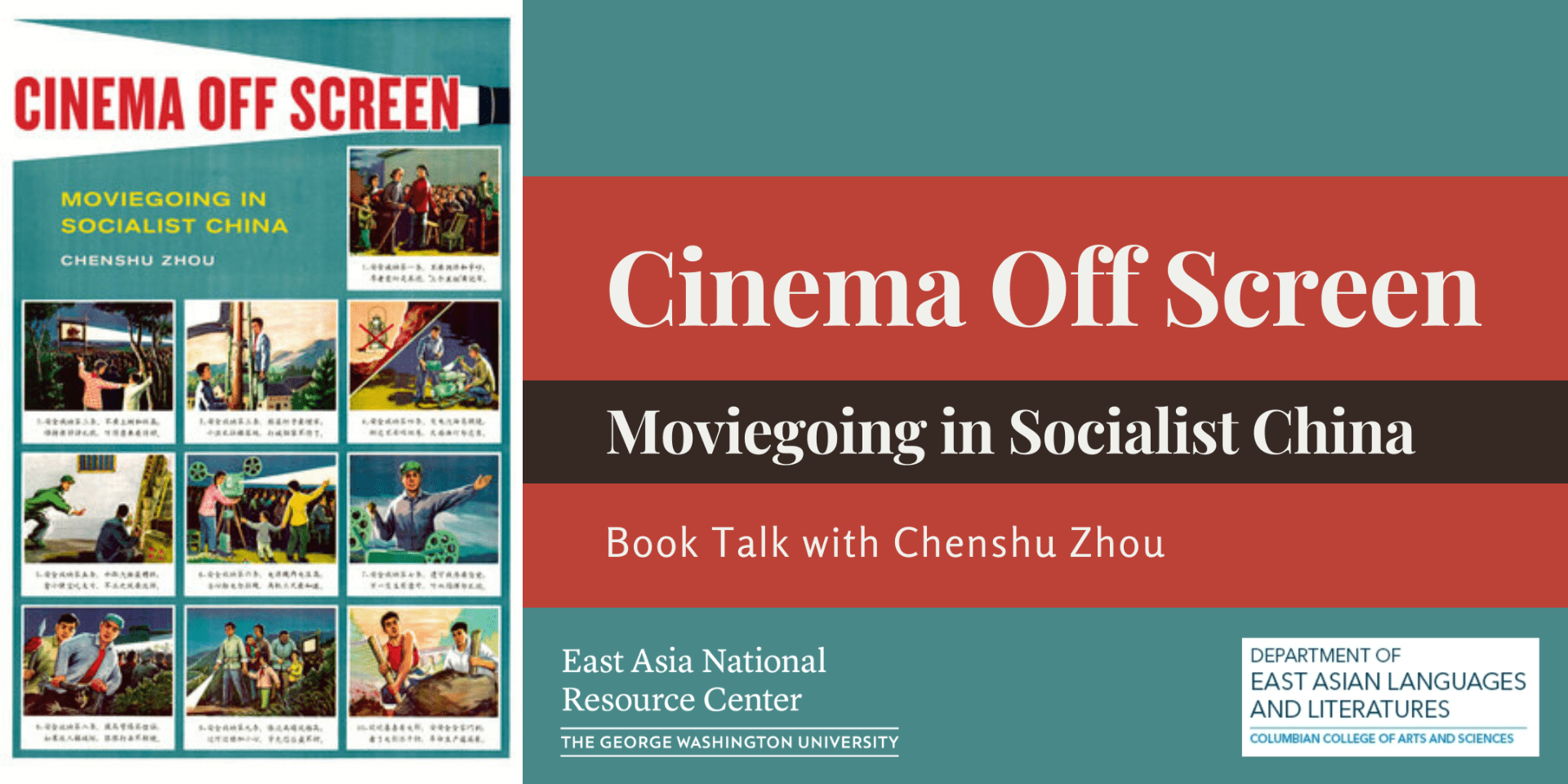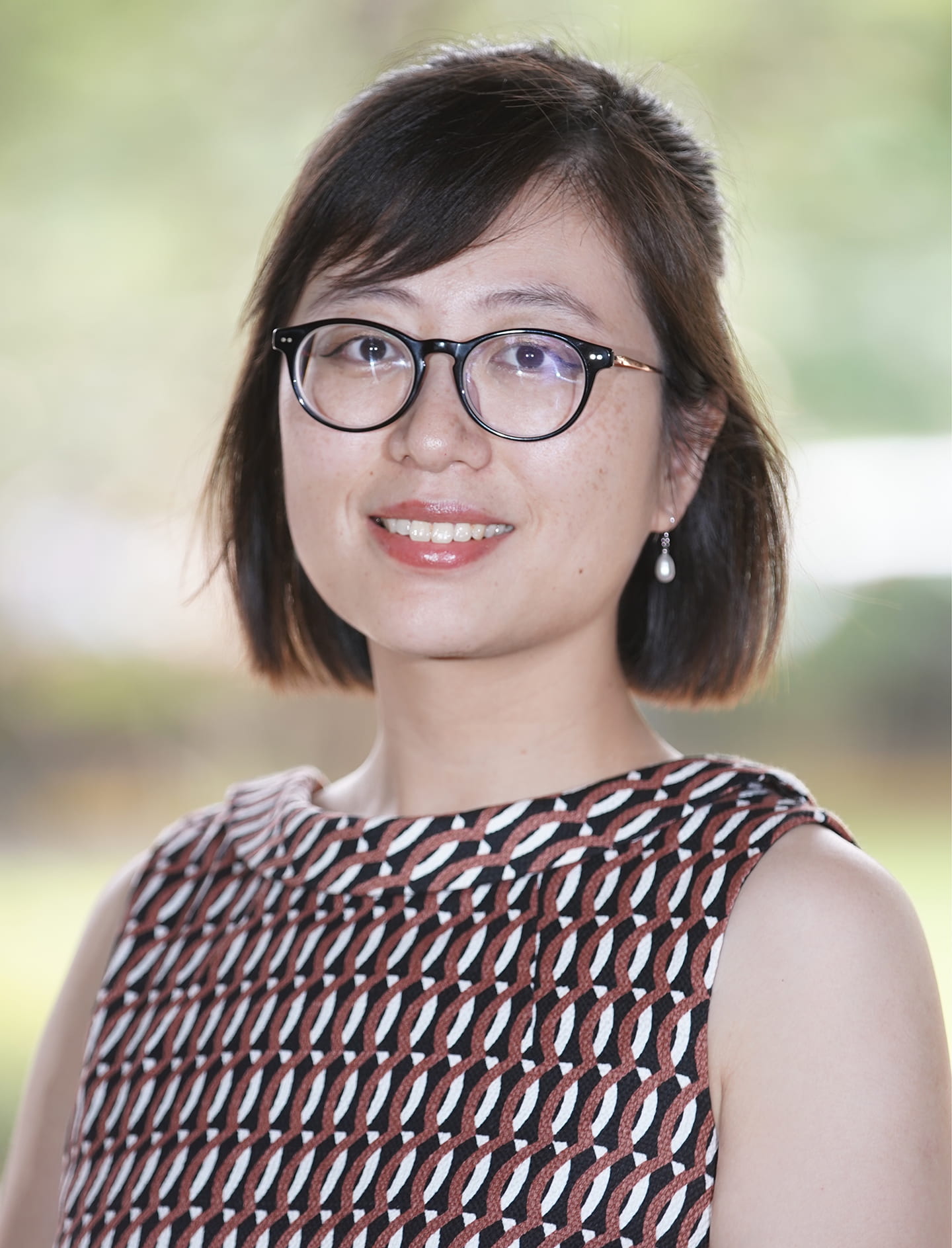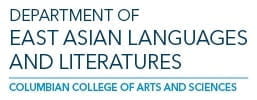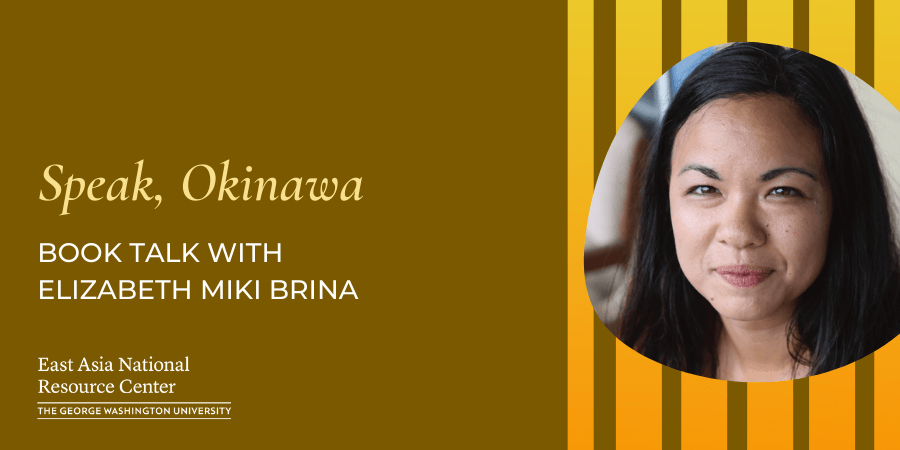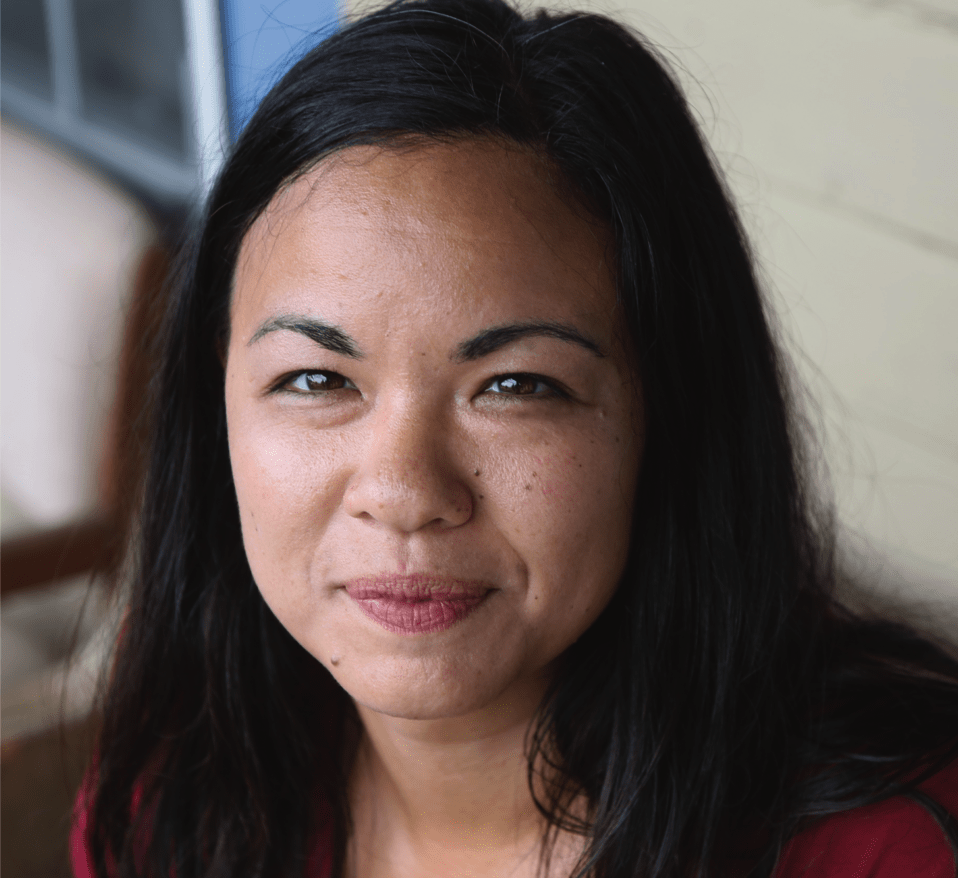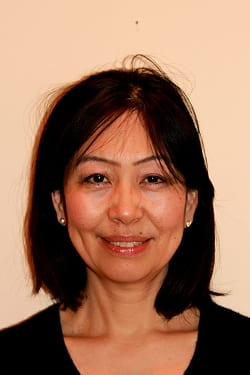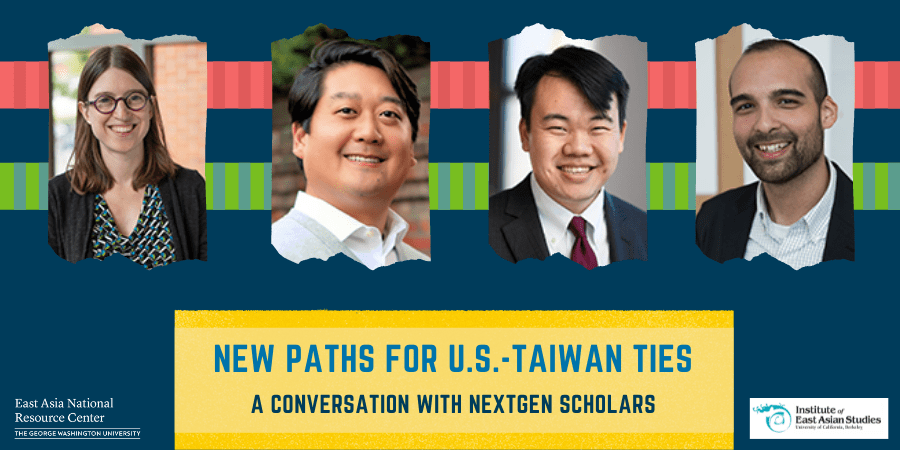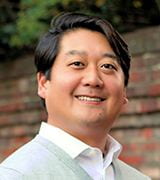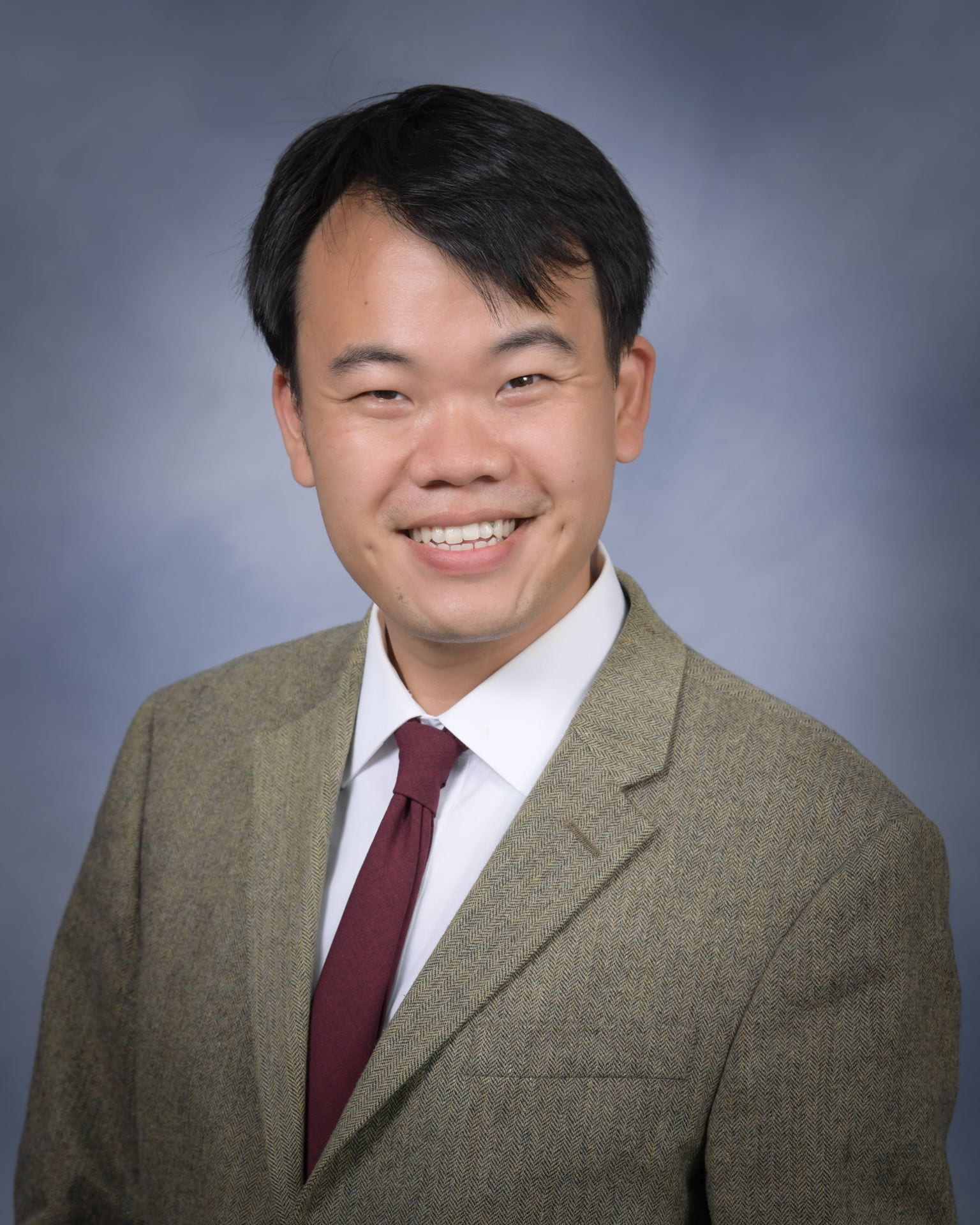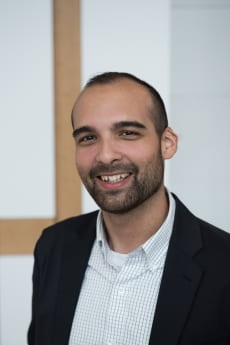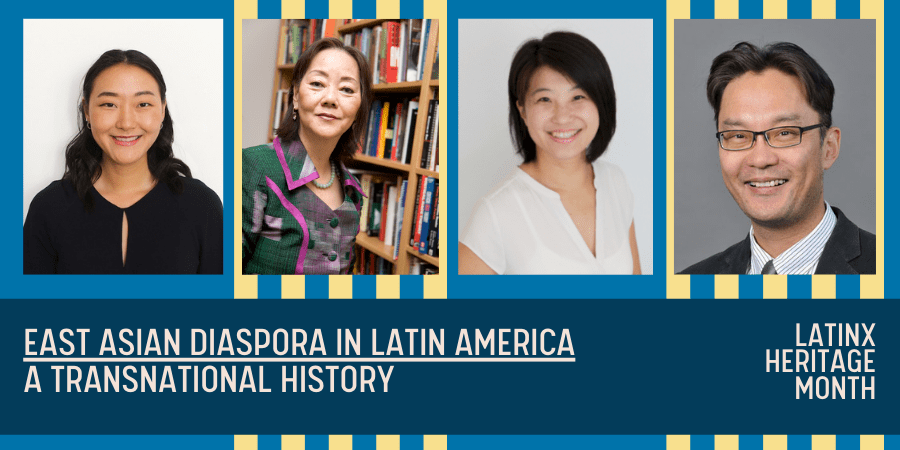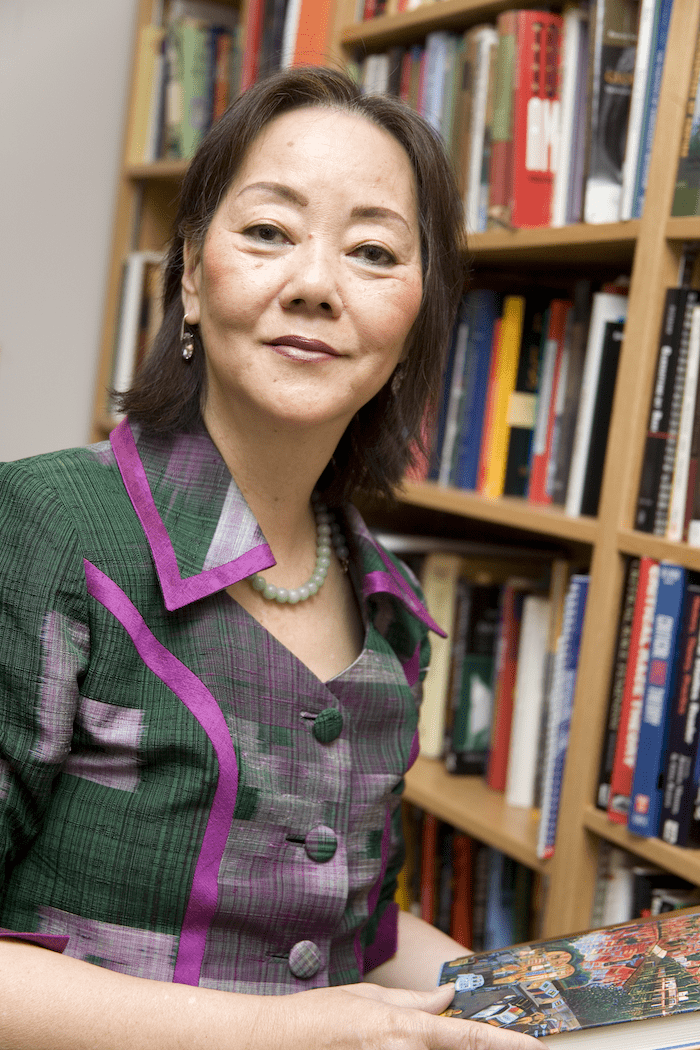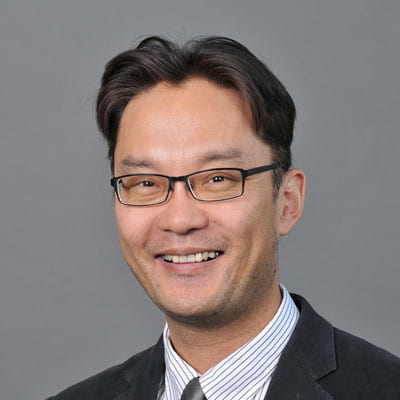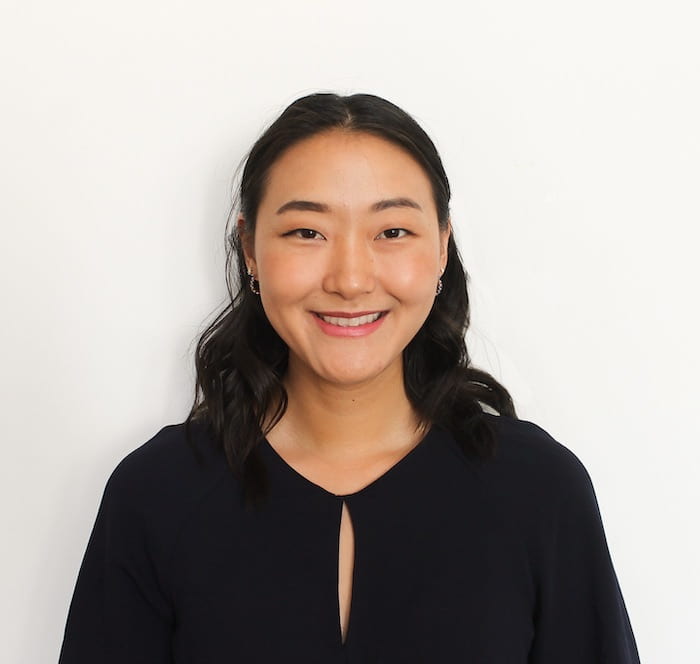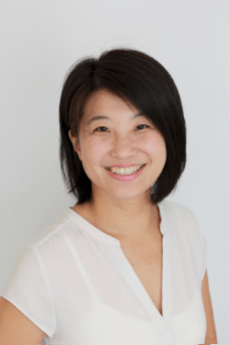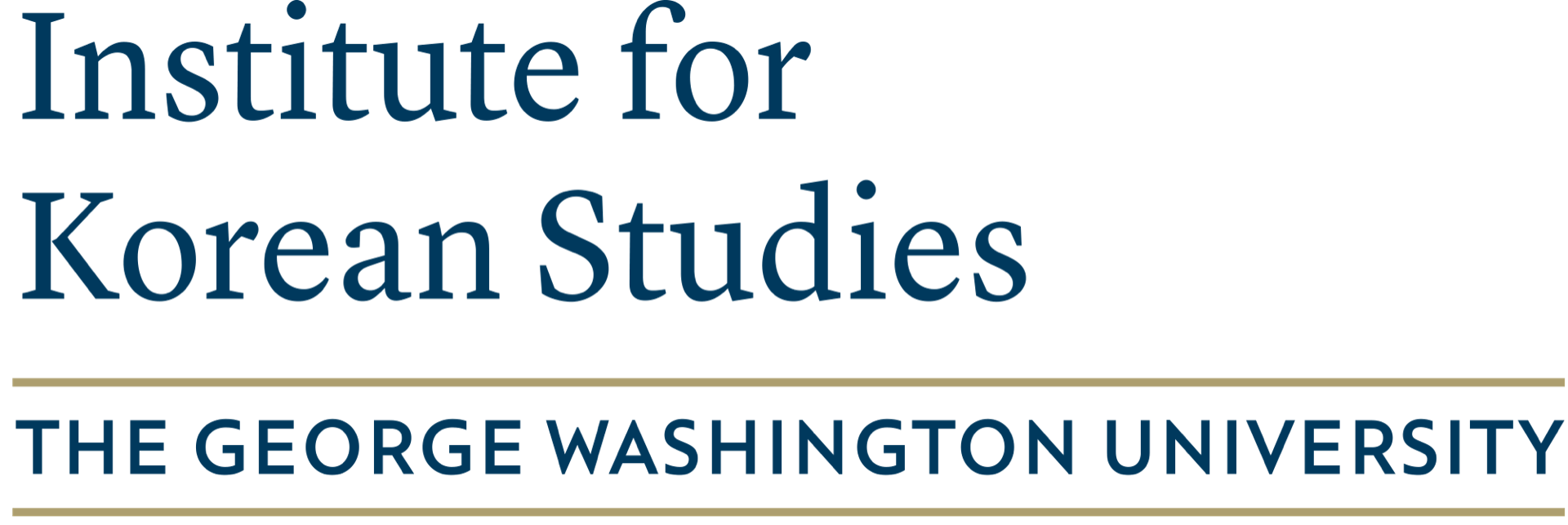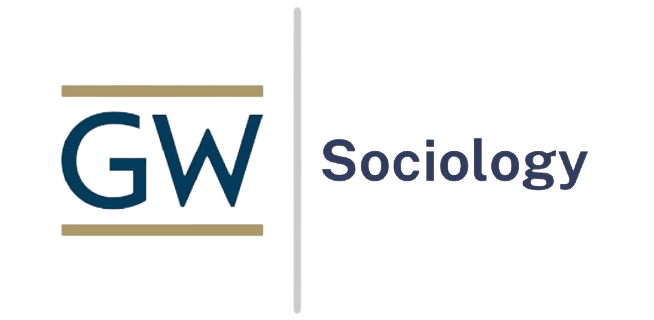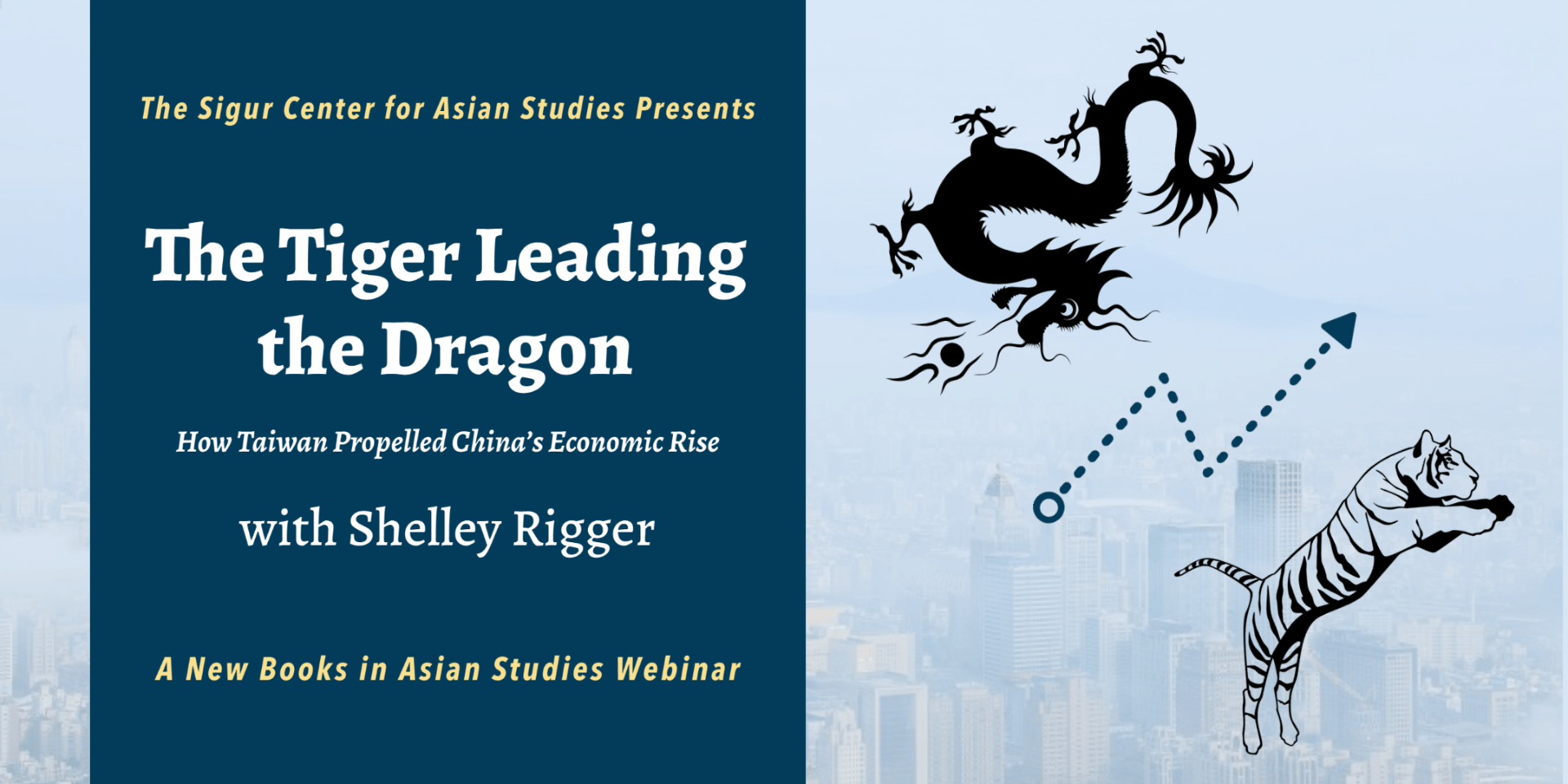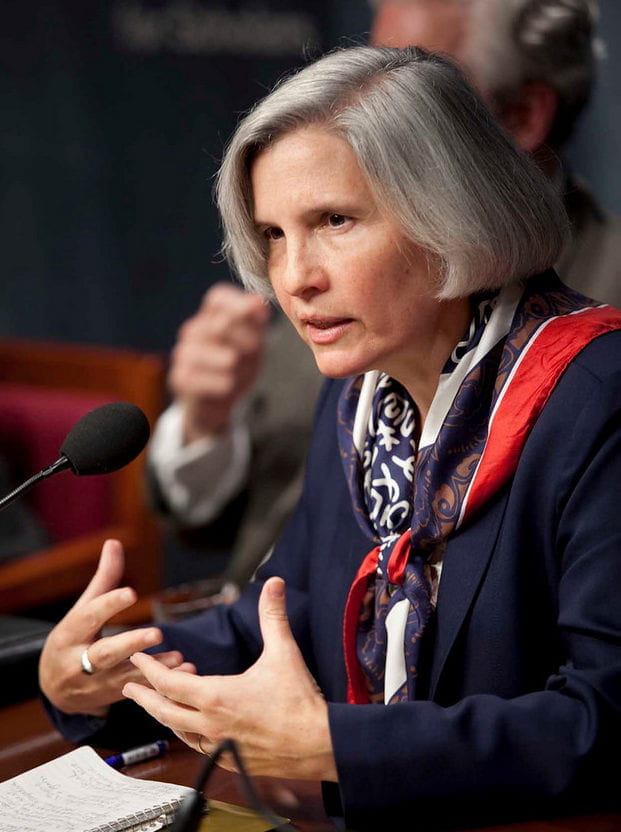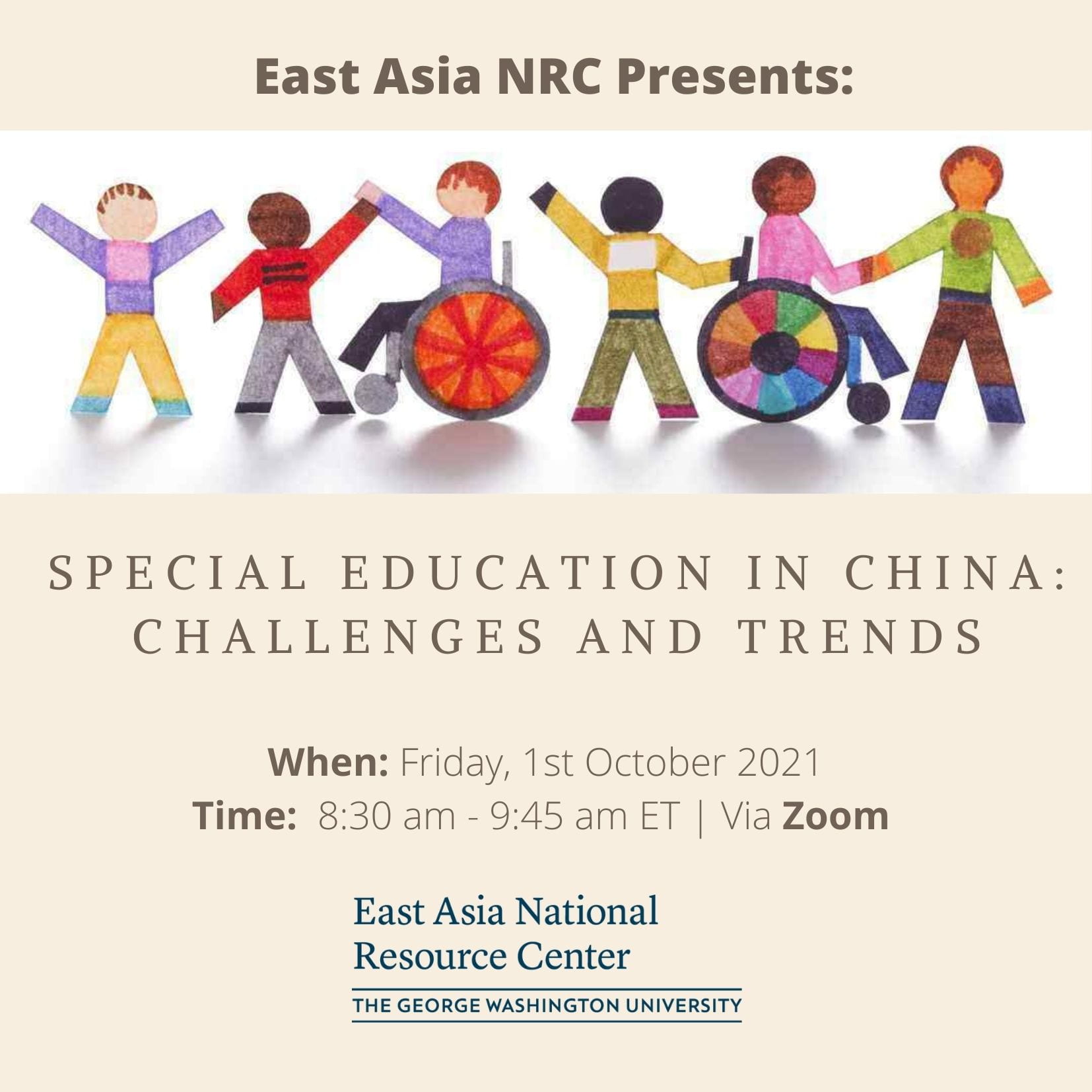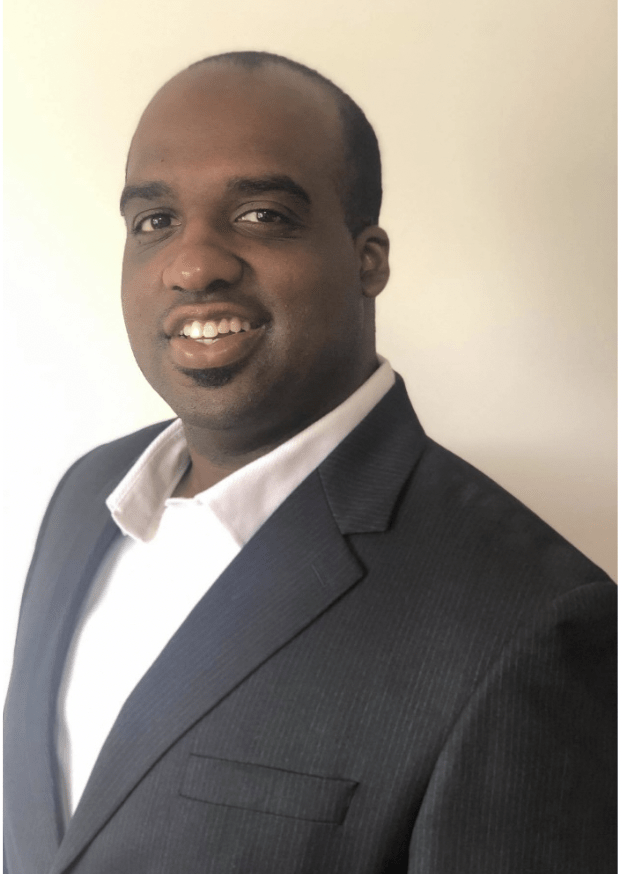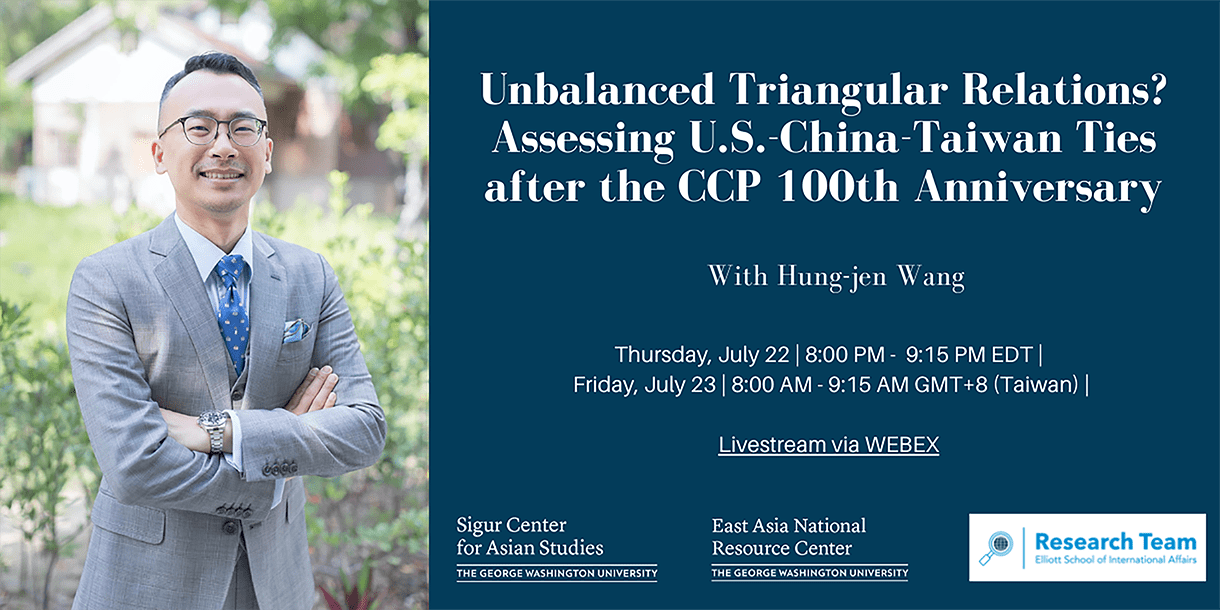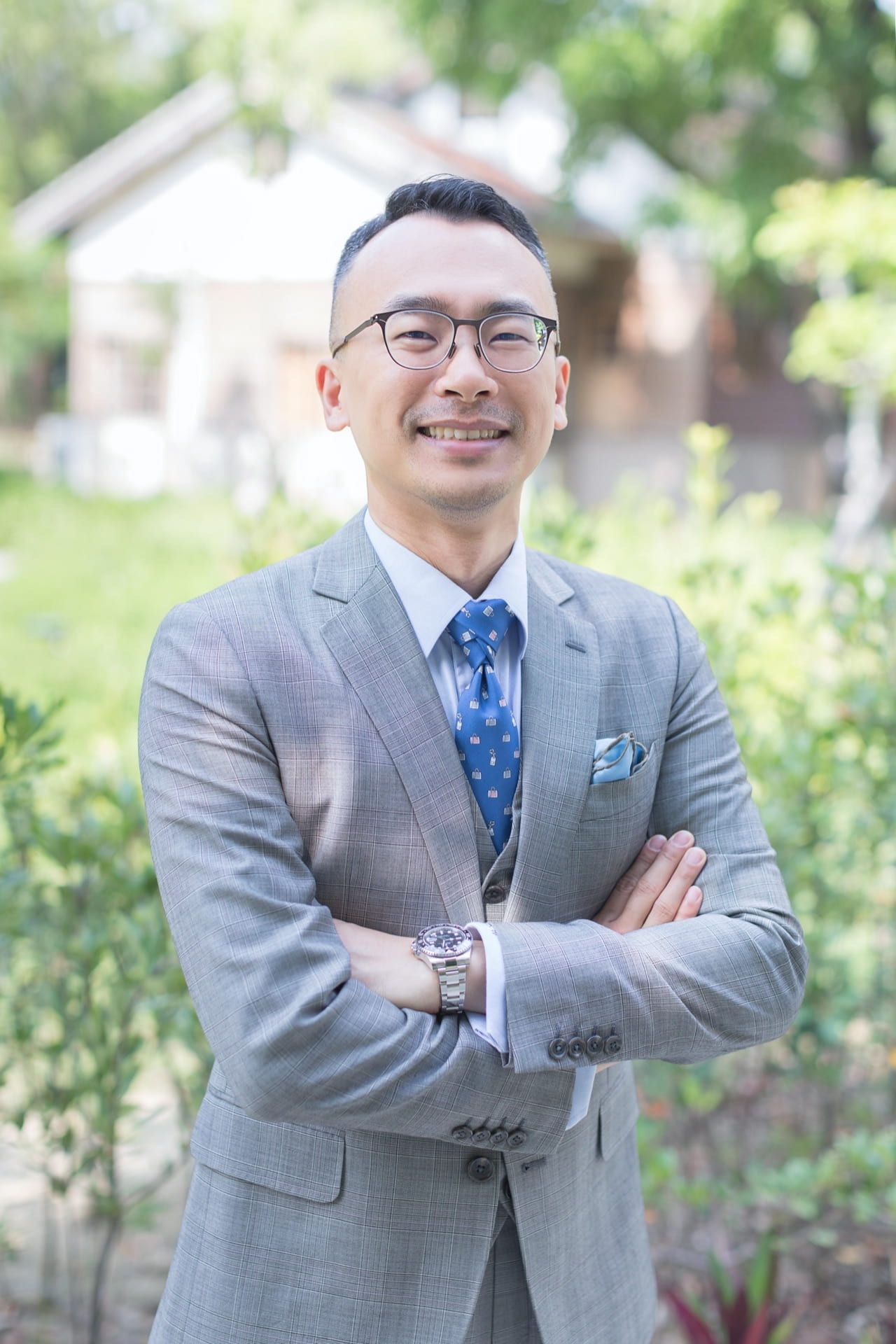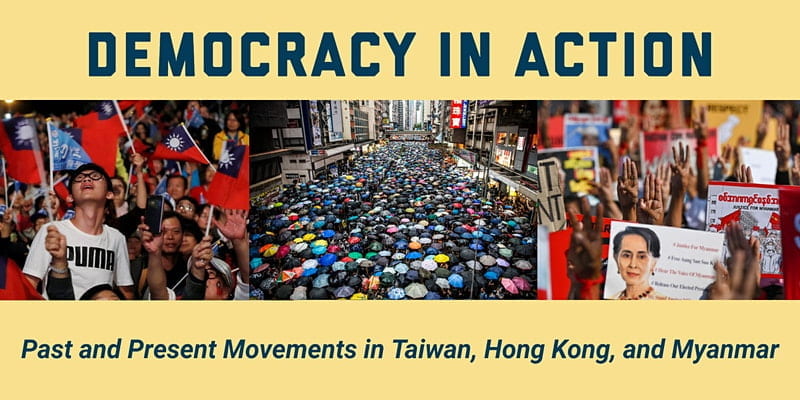Saturday, November 13th, 2021
5:30pm – 9:00pm EST
Livestream via Zoom and Youtube
About the Event
The Japanese Learning Inspired Vision and Engagement Talk (J.LIVE Talk) was founded in 2015 as a college-level Japanese language presentation competition that emphasizes a comprehensive range of learned communication skills. This year’s competition has categories for both high school and collegiate level participants. Heritage Speakers are eligible for participation. If you have any questions, please email info@jlivetalk.com. Move information can me found at The Department of East Asian Languages and Literatures’ event page.
Award Levels
Gold: Gold Award certificate and $300. Collegiate-level Participants will embark on a short-term study abroad program.
Silver: Silver Award certificate and $200.
Bronze: Bronze Award Certificate and $100.
Viewing the Event
Please visit J.LIVE’s Youtube page and Facebook for more information about viewing the event. Last year’s competition is also available for viewing online. If you are interested in sponsoring J.LIVE talk, please visit the J.LIVE page on the GW Department of East Asian Languages and Literatures’ website.
Sponsors:
- Department of East Asian Languages and Literatures, GW
- Embassy of Japan, Washington, DC
- International Christian University
- Japan Foundation, Los Angeles
- Japan~United States Friendship Commission
- JCAW, Inc.
- JCAW Foundation, Inc.
- East Asia National Resource Center, GW
- Naganuma School
- Nanzan University
- Ritsumeikan University
- Sigur Center for Asian Studies, GW
- Sojitz Foundation
- TOP Group
